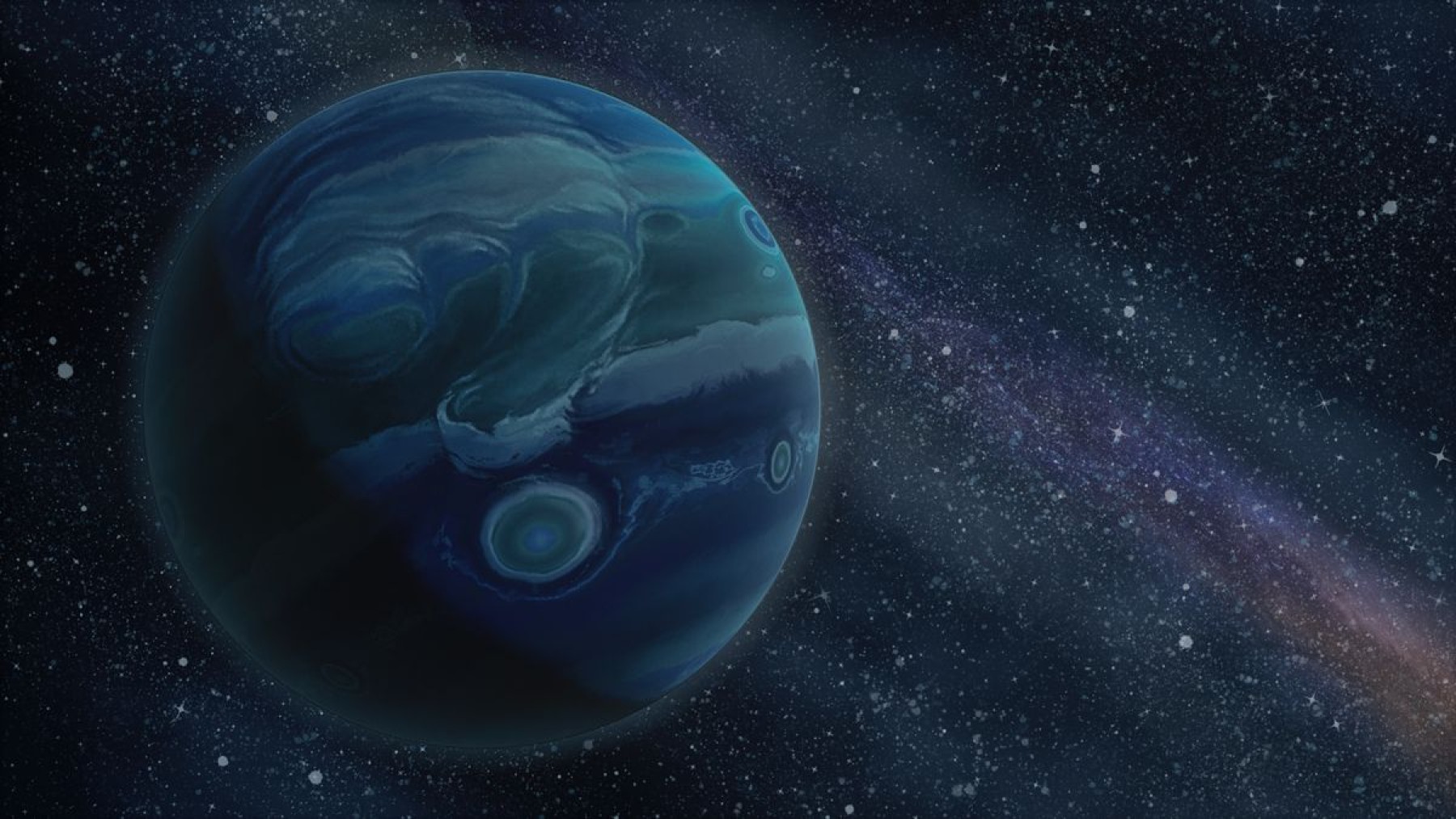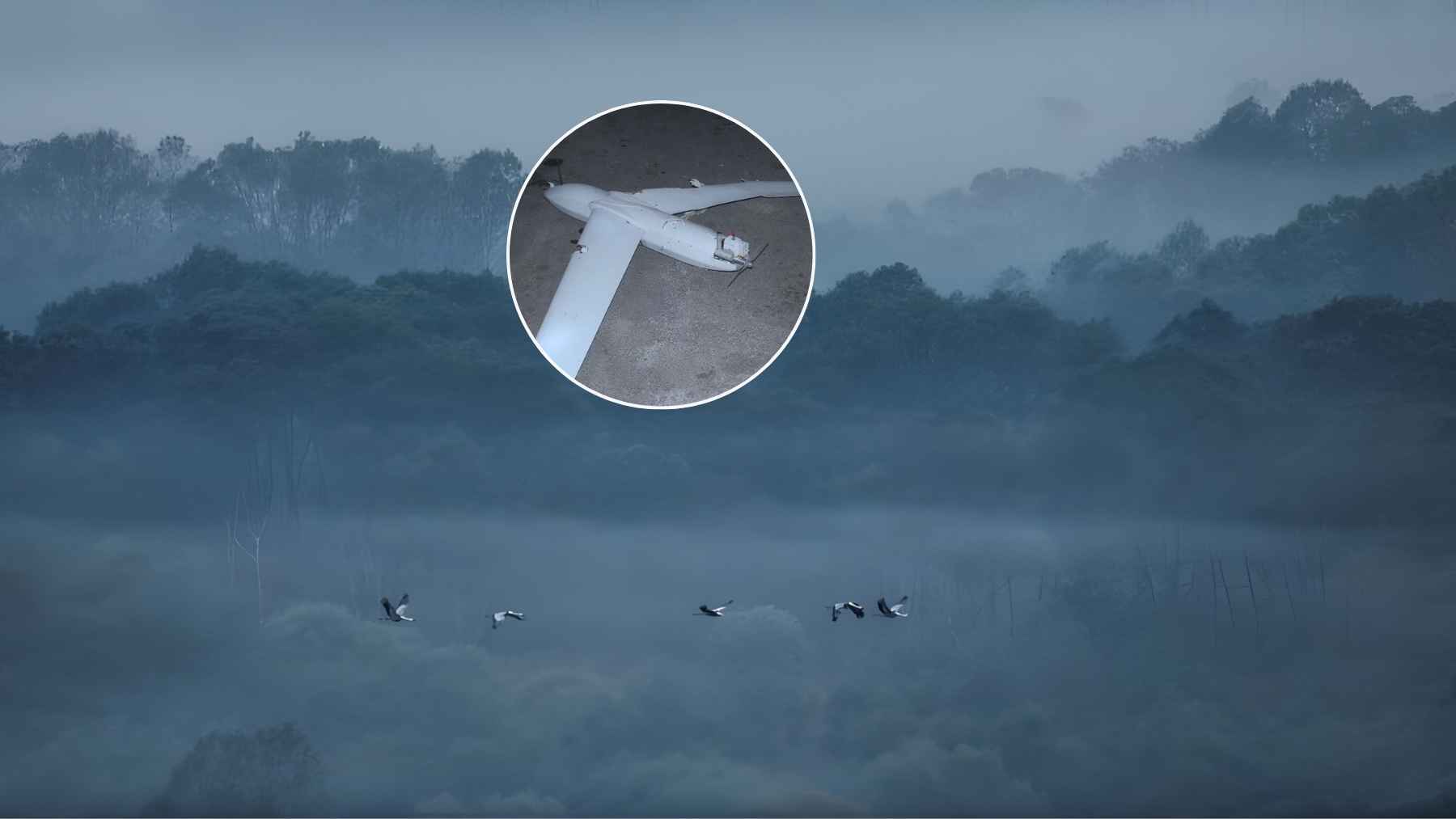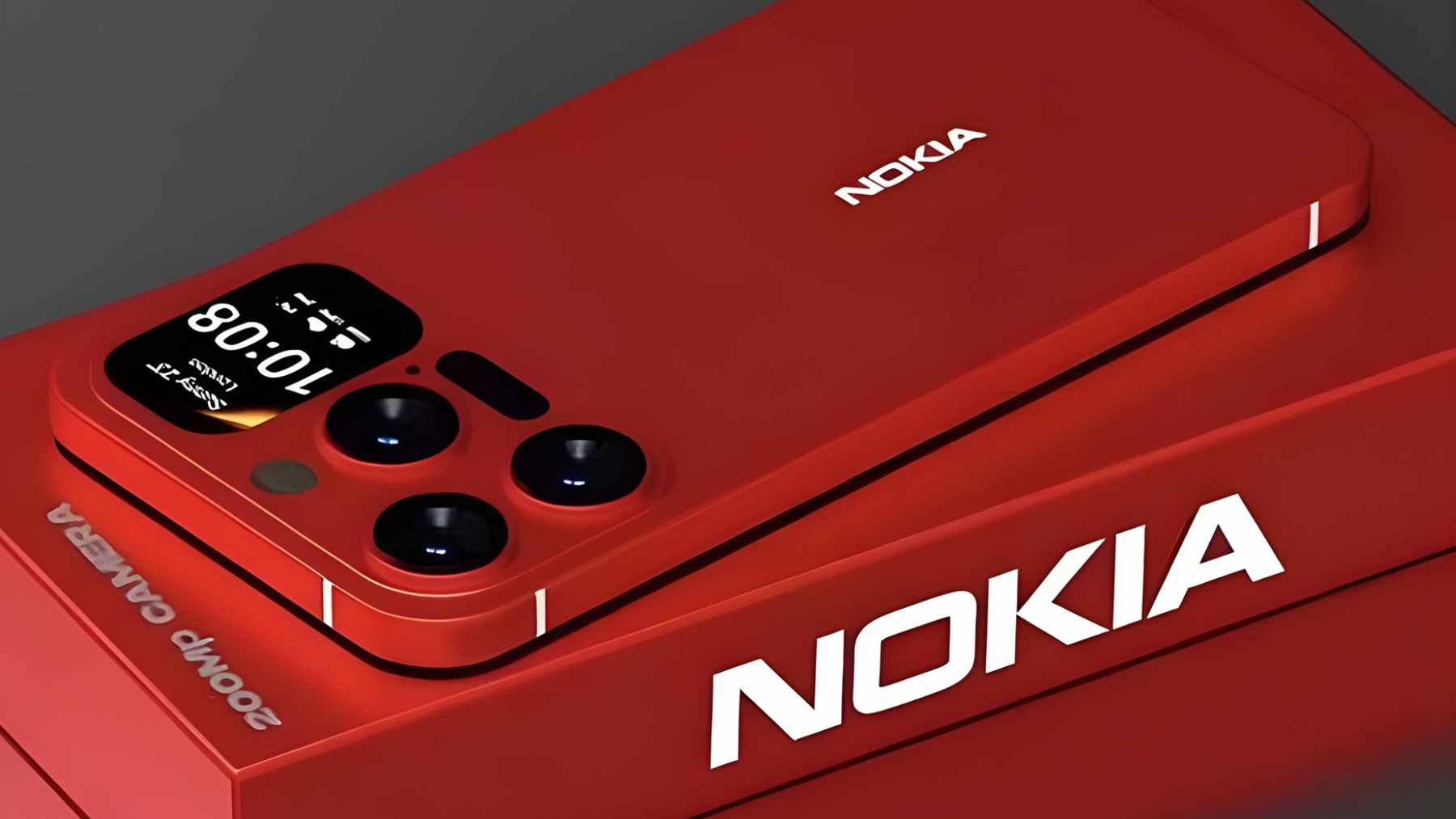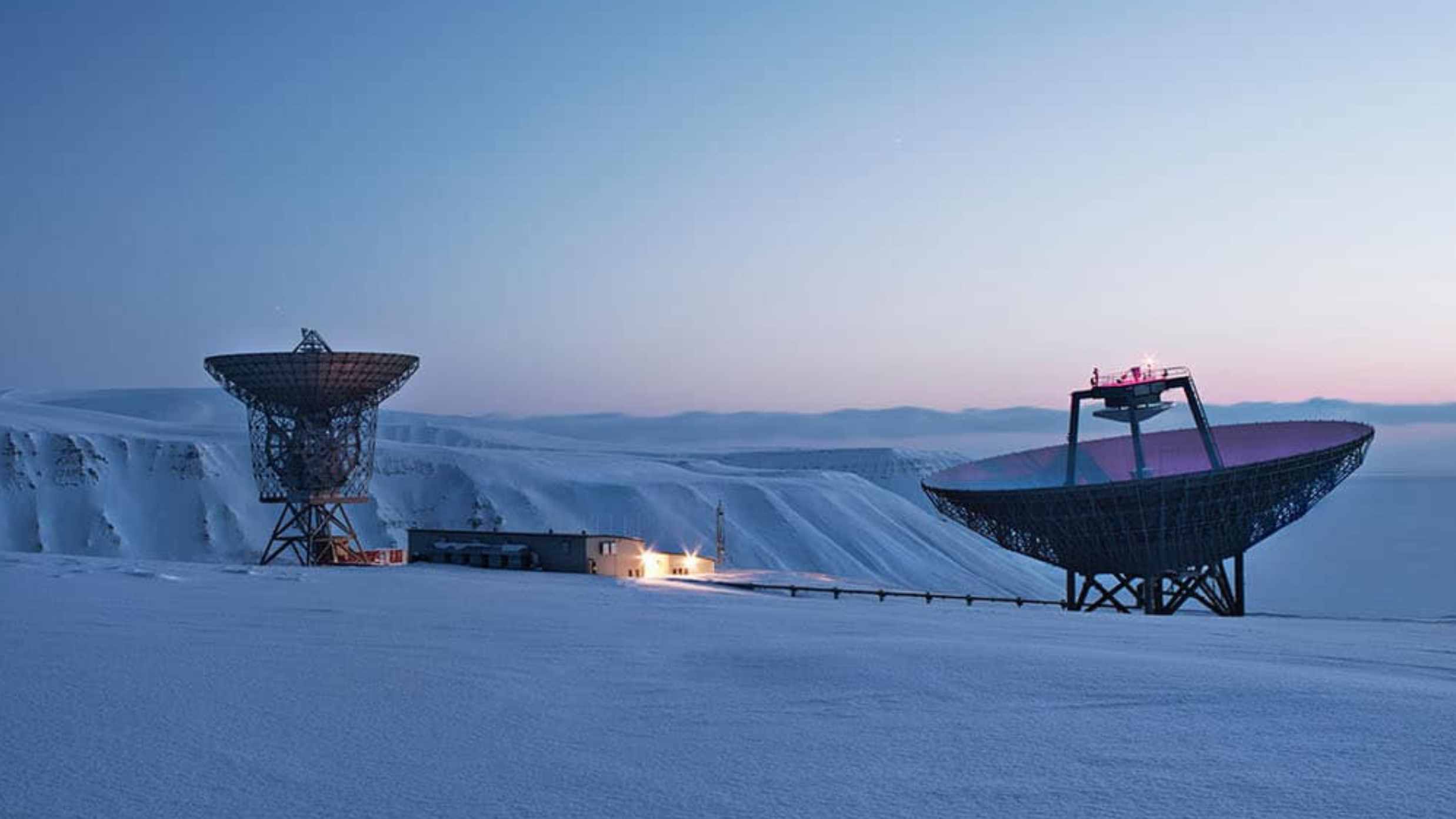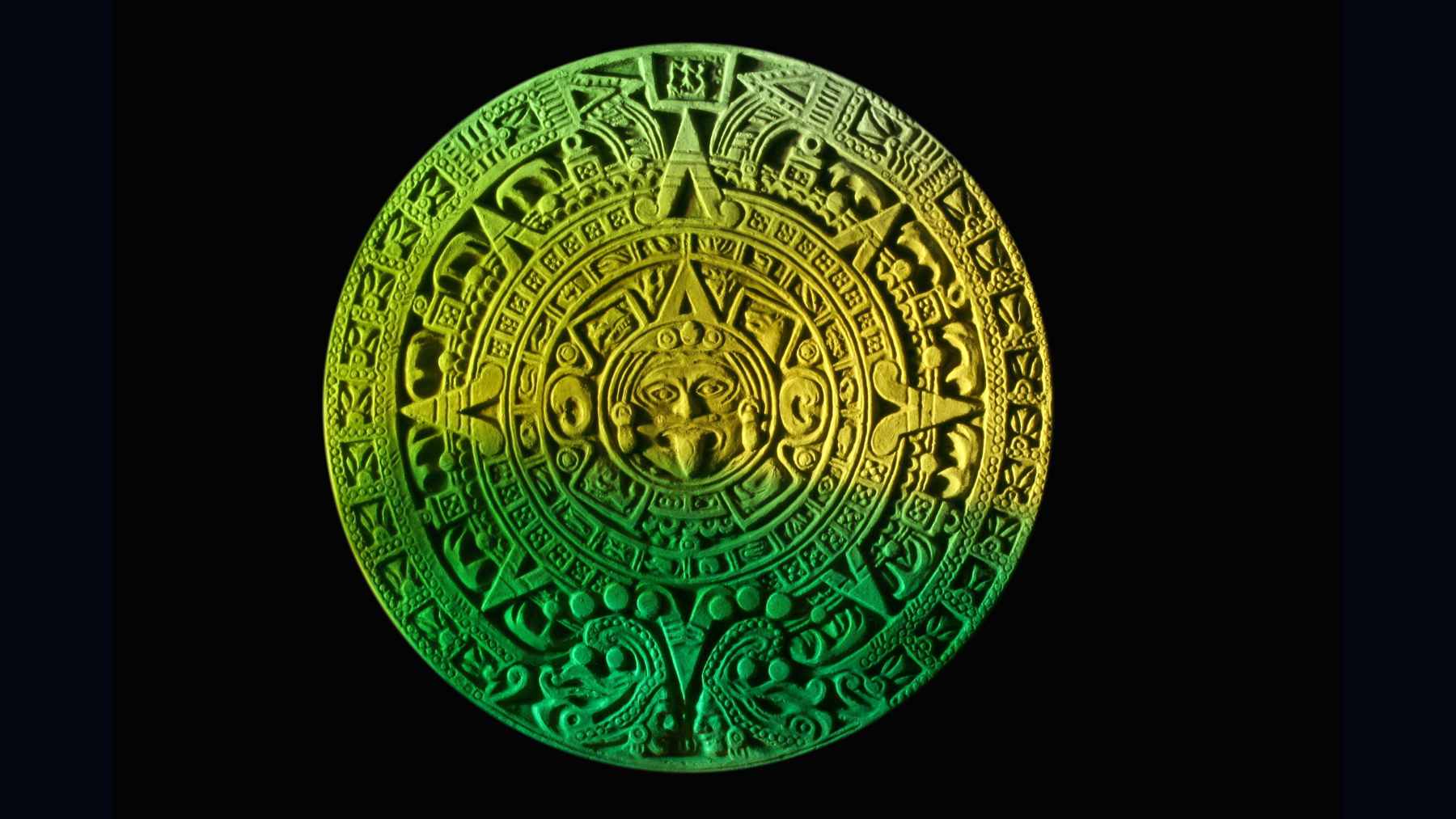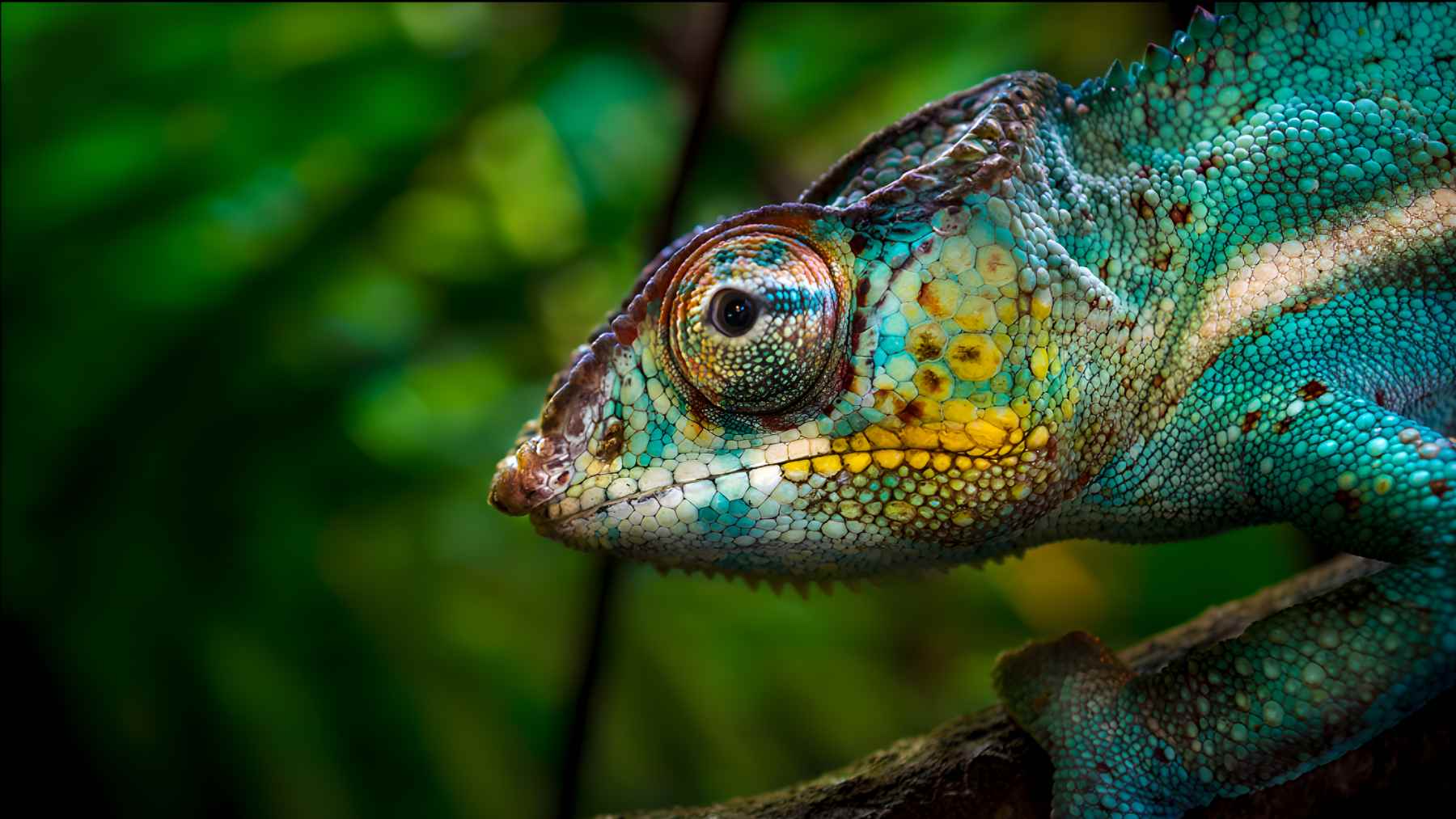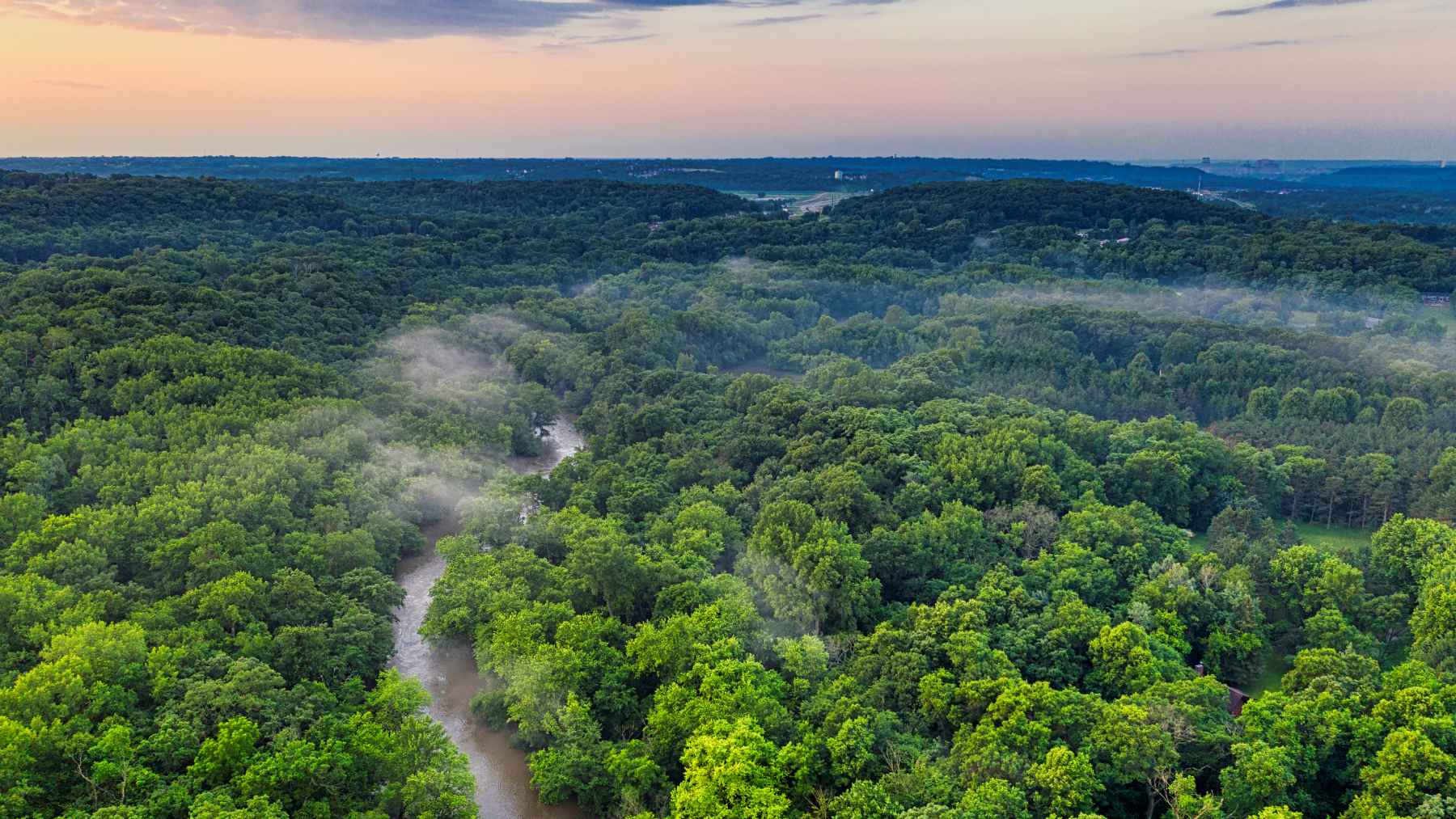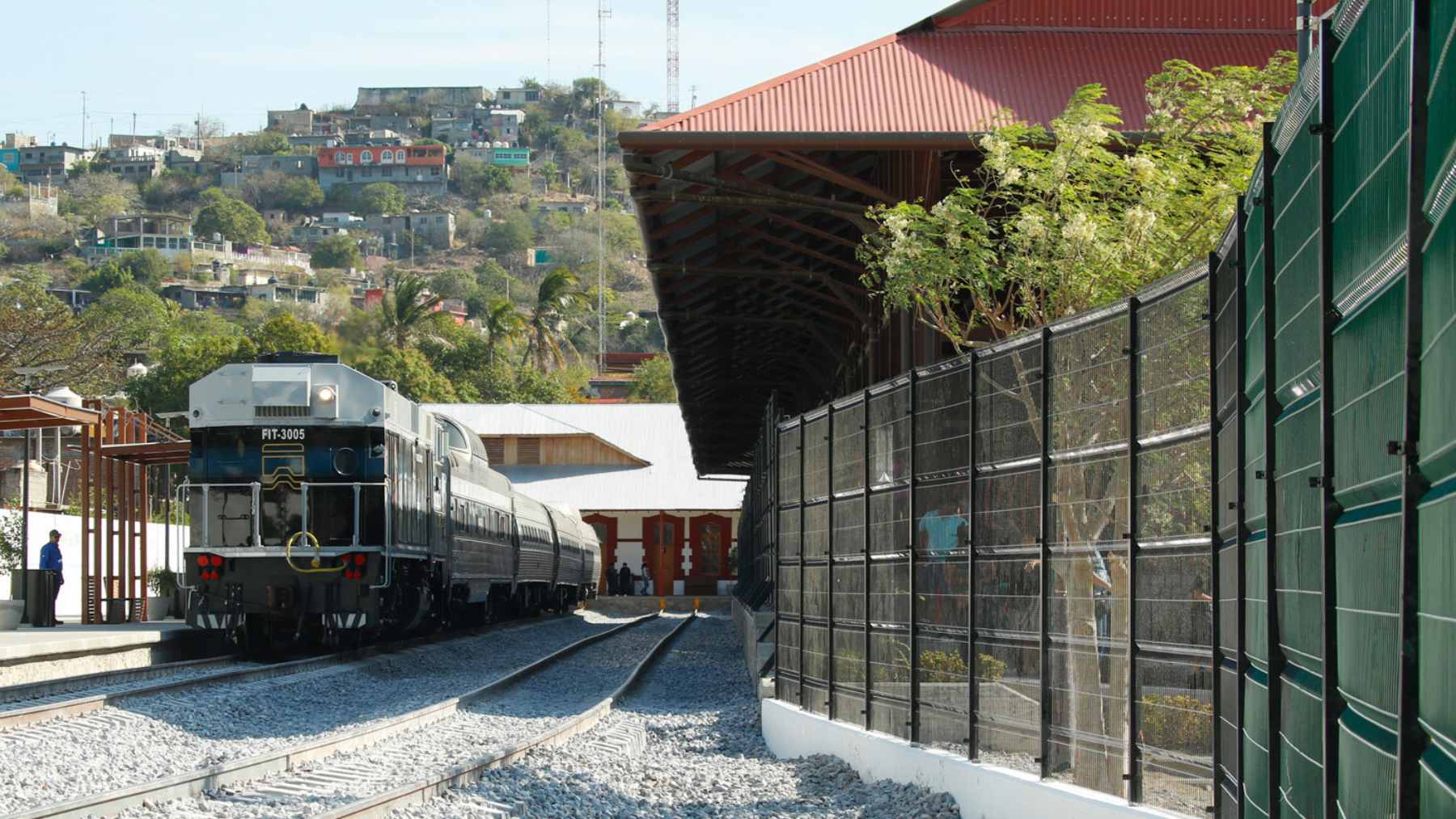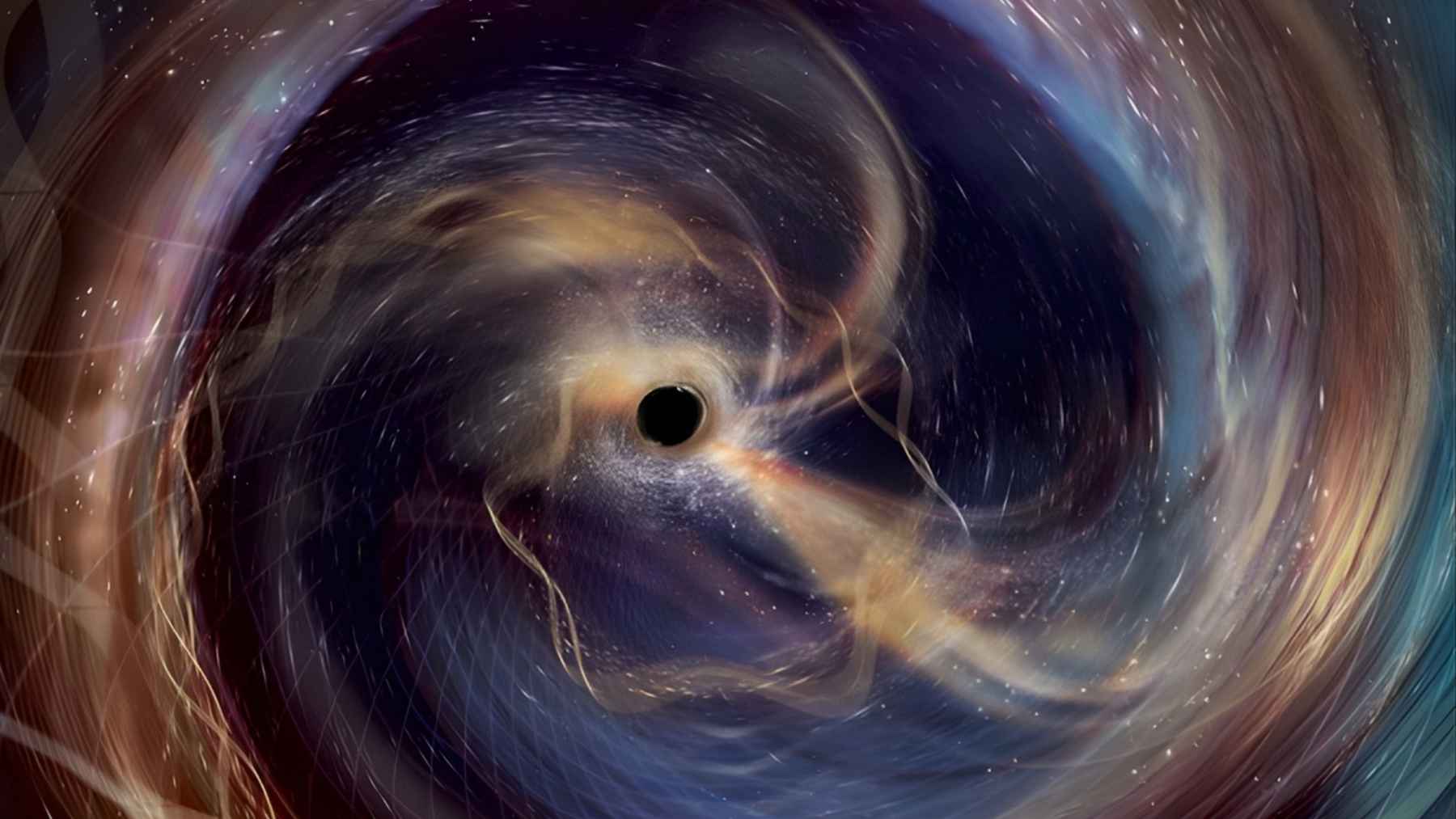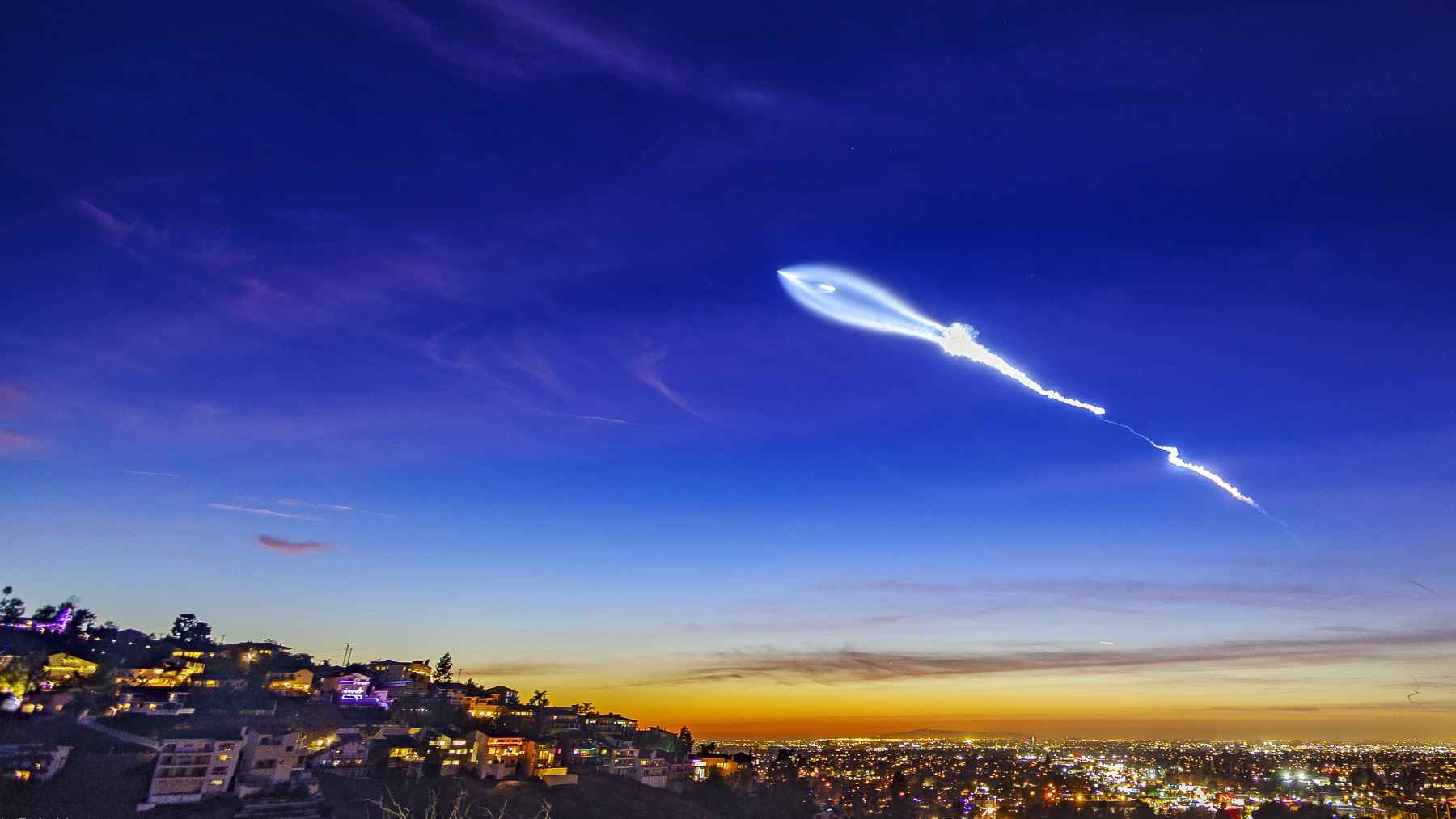Astronomers have been trying to find a new planet beyond the orbit of Neptune for several decades, but all to no avail. Its nickname is Planet Nine; supposing this planet exists, it could help explain the trajectories of some far-off objects in space.
But newer theories have put a spin on the whole thing. As for the current state of research, some scientists doubt that Planet Nine is a planet at all: it could be a primordial black hole, and the authors invite other researchers to find out the truth.
Planet Nine: What if it’s not a planet but a primordial black hole?
Planet Nine was hypothesized by astronomers Konstantin Batygin and Mike Brown in January 2016. They pointed out several distant trans-Neptunian objects (TNOs) have peculiar or clustered orbital motion.
These objects, situated beyond Neptune, seemed to be affected by the gravity of a large, unidentified body. It is estimated that this object could be five to ten times the Earth’s mass and at a distance 400 to 1,500 times the distance between the Earth and the Sun.
Due to the strictly confidential research that led to its discovery, the existence of Planet Nine remains elusive today. A team of scientists has proposed an alternate theory: let’s think that Planet Nine is not a planet but a primordial black hole.
Primordial black holes are imagined as old ones that existed after the Big Bang because of density perturbations. They are unlike ordinary black holes; although they are far smaller, they have the mass and energy to match any regular black hole.
If the PBH were in our solar system, it could cause the gravitational perturbations that affect the TNOs without radiating visible light and, therefore, be practically undetectable by telescopes.
Detecting Planet Nine: What scientists are doing to find out the truth
Detecting a black hole as small as the suspected black hole equivalent of Planet Nine is difficult. Black holes do not emit light but pull objects and give out flares when objects get closer, slurping them into the black hole’s swirling mass.
Using the Vera C. Rubin Observatory, Harvard scientists Avi Loeb and Amir Siraj have proposed the following to decide whether Planet Nine is a black hole. This excellent survey telescope will examine the southern sky in detail, looking for the flashes that might mean a black hole is lurking somewhere nearby.
Through watching these flares, researchers want to discover the nature of the hypothetical Planet Nine.
The implications of discovering Planet Nine as a black hole or super-Earth
It does not matter whether Planet Nine is a super-Earth or a black hole – its discovery will change our view of the solar system. Regardless of the size of a black hole in our solar system, even a primordial one, it would be an immense breakthrough for scientists to study such an object closely.
Additionally, suppose it would ever be confirmed that it’s a black hole. In that case, it can teach about dark matter, a type of matter of which a considerable portion of the universe is made but which we can’t see.
Confirmation of a primordial black hole would also be evidence for theories about the early universe that say that dense regions produced black holes right after the Big Bang.
Conclusion: Will the Vera C. Rubin Observatory provide answers soon?
It also placed scientists into a territory of galactic speculation, between the existence of a super-Earth concealed somewhere in the solar system and a small black hole.
Thanks to such technologies as the Vera C. Rubin Observatory, scientists are eager to think that the next few years will bring answers to this mysterious object. If it is confirmed that Planet Nine is a black hole, it would be a new study area in our backyard.
In the meantime, researchers in the scientific community stay on the brink of breakthroughs and answers that may redefine the nature of the solar system.
